
Commentary on Judgment no. 31121 of 14/05/2024: Defensive Investigations and Denial of Access to Places.
Analysis of judgment no. 31121 of 2024 regarding the rejection of requests for access to private places in the context of preventive defensive investigations, with particular attention to current legislation and case law.
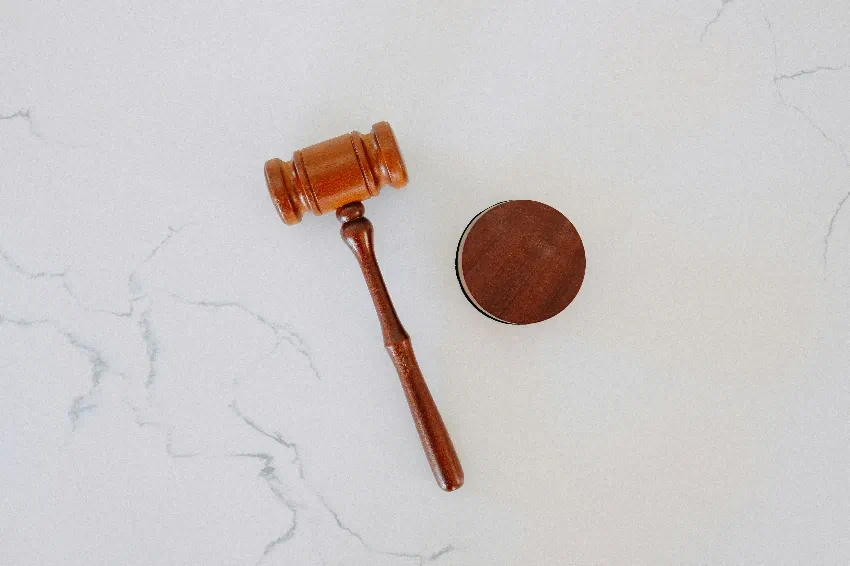
Judgment No. 30372 of 2024: Real Precautionary Appeals and Notification to the Undetained Suspect
Analysis of ruling no. 30372 of May 28, 2024, which clarifies the methods of notification of the notice of hearing scheduling for the non-detained defendant in the context of real precautionary appeals.

Analysis of Judgement No. 26510 of 2024: The Burden of Filing in Preventive Proceedings.
The recent ruling of the Court of Appeal of Palermo clarifies the applicability of the obligation to file the declaration of domicile in the prevention proceedings, highlighting the need for promptness in appeal proceedings.

Judgment No. 27386/2024 and the Inadmissibility of the Appeal in Home Detention.
Let’s analyze the recent ruling no. 27386 of 2024, which clarifies the implications of Article 581, paragraph 1-ter of the Code of Criminal Procedure in the event of an appeal by a defendant under house arrest.
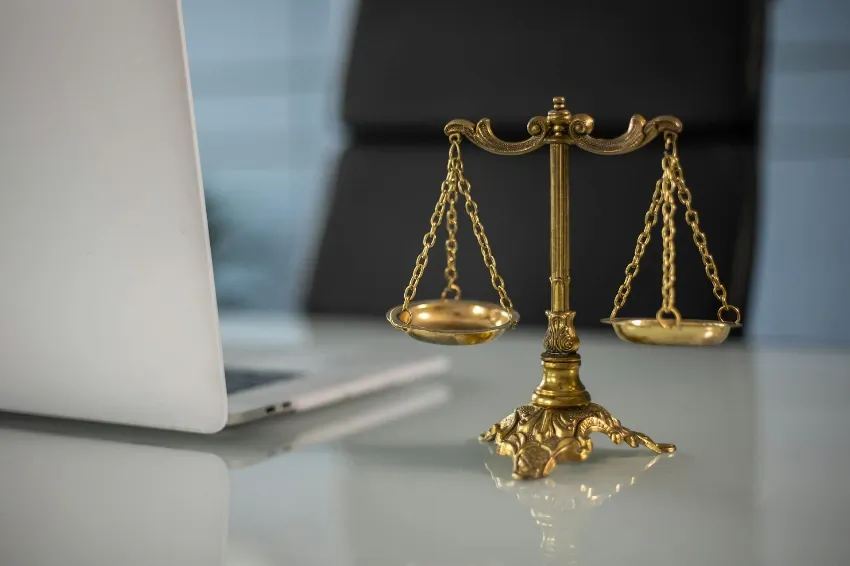
Judgment No. 25935 of 2024: the inadmissibility of the appeal for the fugitive.
The recent ruling of the Court of Cassation clarifies the applicability of Article 581, paragraph 1-quater, of the Code of Criminal Procedure to the absent defendant declared a fugitive, highlighting the responsibilities of the defense attorney in the appeal process.

Analysis of Judgment No. 28265 of 2023: Testimony and Defendants' Rights
The judgment no. 28265 of 2023 of the Court of Cassation clarifies the examination of a defendant as a assisted witness, highlighting the conditions under which the right not to answer is not necessary and the implications for the criminal process.
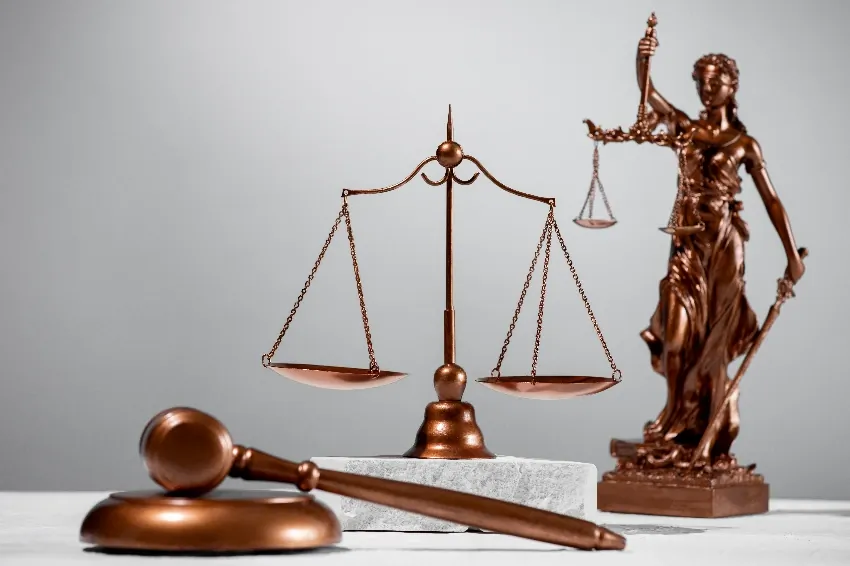
Judgment No. 49799 of 2023: Recognition and Usability of Foreign Judgments in Criminal Proceedings
The recent ruling no. 49799 of 2023 clarifies the legitimacy of the acquisition of foreign judgments not recognized in the Italian criminal process, establishing important legal principles regarding their usability.
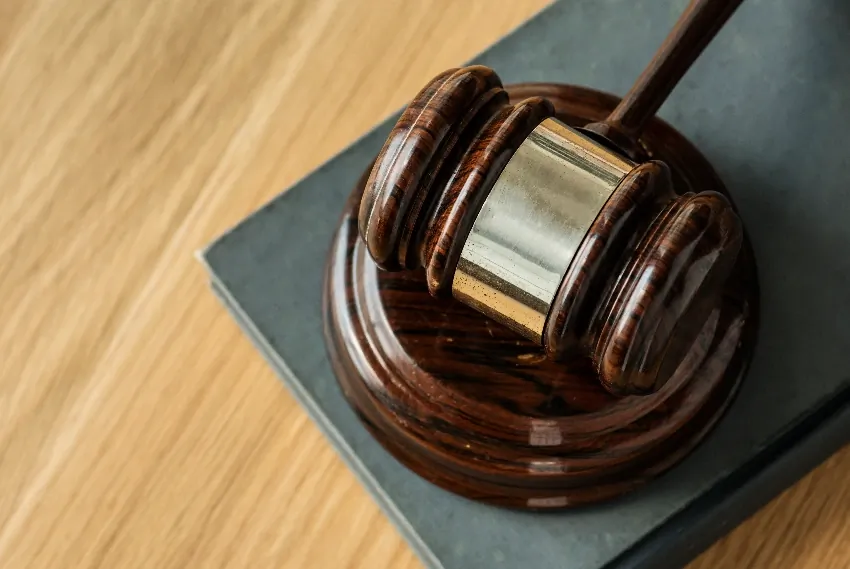
Commentary on Judgment No. 51180 of 2023: Waiver of Appeal and Reduction of Sentence.
Let us analyze the recent ruling no. 51180 of 2023, which clarifies the limits of sentence reduction in case of waiver of appeal, a crucial aspect of Italian criminal law.
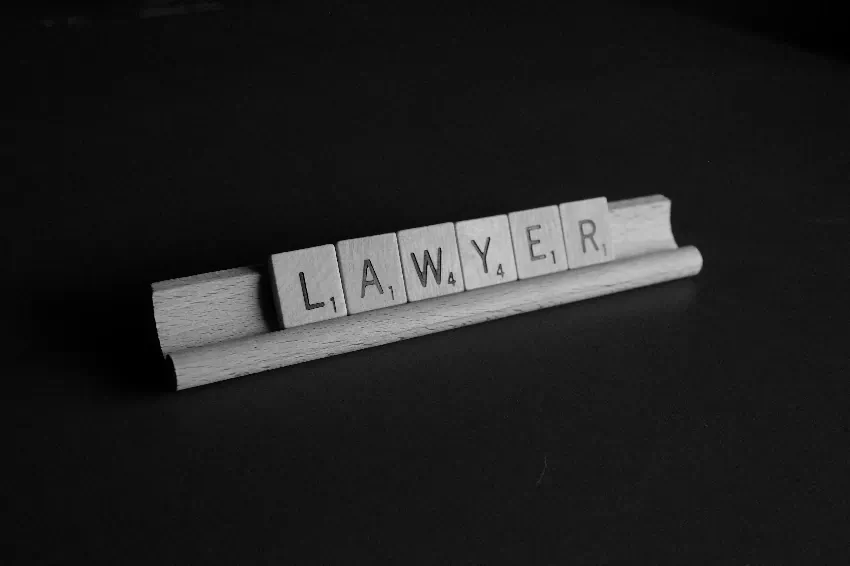
Commentary on Judgment No. 49255 of 2023: Sentence Reduction and Waiver of Appeal.
Let's explore the recent ruling no. 49255 of 2023, which clarifies the conditions for sentence reduction in the context of waiving the appeal. A useful analysis to understand the dynamics of Italian criminal law.

Judgment No. 17307 of 2024: the value of adversarial proceedings in witness examination.
Analysis of ruling no. 17307 of 2024 concerning the examination of witnesses in a context of unlawful conduct, highlighting the importance of adversarial proceedings and the legitimacy of evidence.